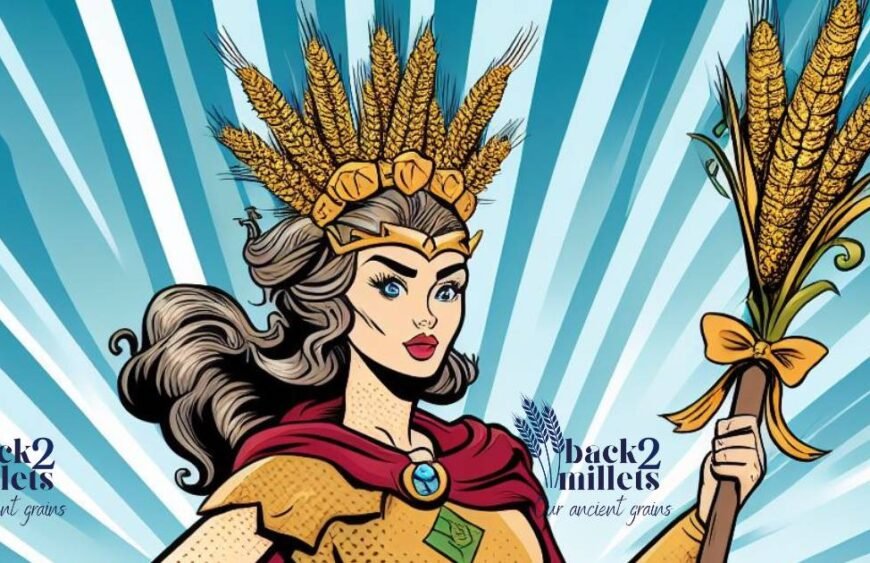Millets are a superfood that has gained popularity among younger people due to its numerous health benefits.
In fact, millets have earned the reputation of being ‘nutri-cereals’ as they provide most of the nutrients required for normal functioning of the human body
Millets are a group of cereals that are high in both macro-nutrients, like proteins and fats, and micro-nutrients, like iron and calcium.
Millets are naturally gluten-free, making them a great option for people with celiac disease or gluten intolerance.
Millets are also rich in fiber, protein, vitamins, and minerals, making them an excellent addition to a healthy diet.


In 2023, the United Nations General Assembly declared it the International Year of Millets (#IYM2023)
Millets are a great alternative to rice and wheat as they are gluten-free and rich in nutrients. They contain double the amount of fiber and minerals and less sugar as compared to rice and wheat
- Millets are also high in protein, antioxidants, resistant starch, and have a low glycemic index, which can help prevent or manage diabetes
- Millets are nutritious, fiber-rich grains that act as a probiotic for micro-flora in our gut. The fiber in millets hydrates our colon and helps prevent constipation.
In addition to their health benefits, today’s environment conscious families also know like them millets are also environmentally friendly. The fact that millets require less water than rice and wheat and can grow in poor soil conditions makes millets a economical and environmentally sustainable super crop.
If you’re looking to incorporate millets into your diet, there are several types of millets available such as jowar (sorghum), bajra (pearl millet), ragi (finger millet), foxtail, little, kodo, proso and barnyard millet.
You can use them to make a variety of dishes such as porridge, upma, dosa, roti, etc.





